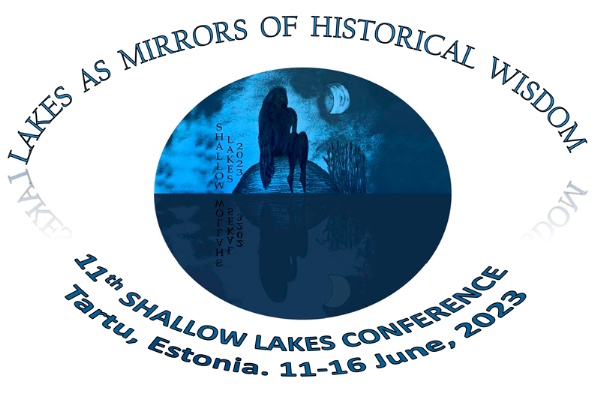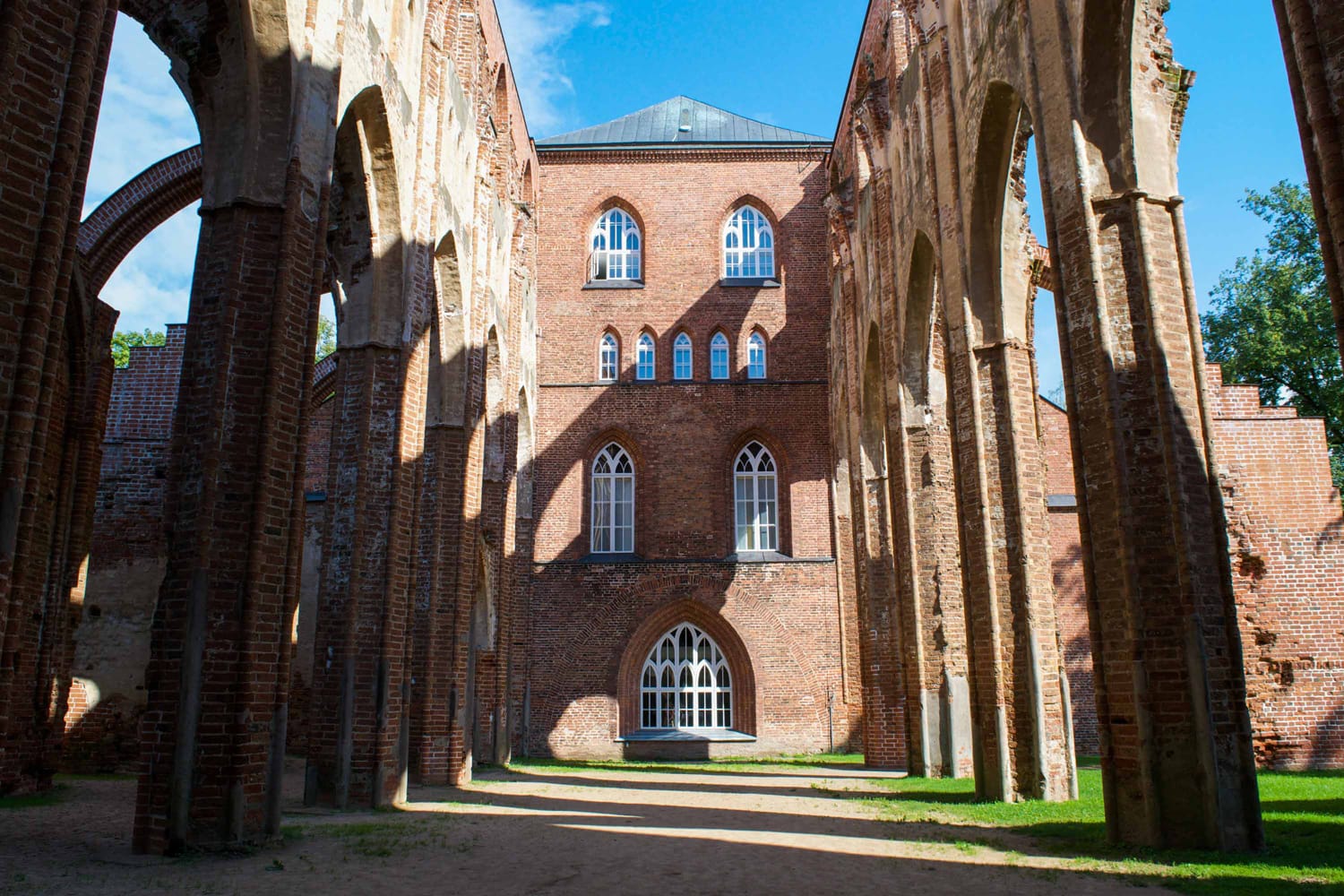- Conference Venue & Tartu
- About Tartu
About Tartu
Home to about 100 000 people within an area of 38.8 km2, is the second-largest city in Estonia, situated 185 kilometers south of Tallinn. The Hanseatic city of Tartu, with its prestigious university and abundance of museums, lies on the banks of the Emajõgi River. The first written records of Tartu date from 1030.
Tartu has successfully combined its rich historical heritage and youthful spirit to create Estonia's intellectual, scientific, and cultural heart. Being a university town – 20% of its inhabitants are students – it is a centre for science and education. Tartu is also the cradle of the Estonian Song Festival, Estonian theatre, and the Estonian state. Tartu is the intellectual capital of Estonia, where the national awakening and culture of Estonia were born.
Tartu is a river town, known as the Athens of Emajõgi River.
On the swampy plains of Emajõgi River, where the sandy hills that had formed on the area of Tartu made crossing the river easier, a settlement emerged already several centuries ago. The existence of the castle situated on the foreland of Toome dates back to the 5th century, and the discovery site of the settlers of Kunda culture, which lies in the city’s current boundaries in Ihaste, could extend Tartu`s history even up to 10,000 years. In the old Russian chronicles, Tartu was first mentioned in the year 1030, when the troops of Yaroslav the Wise captured the city. These written sources make Tartu the oldest city in the Baltic States.
Center for Spiritual and Social Life
Over the ages, Tartu has been the spiritual capital of Estonia – the city of good thoughts. Tartu is a city of science. Here is one of the oldest universities in Europe, the University of Tartu, which was founded in 1632. The university has given us several internationally recognized scientists and scholars. Youthfulness and a bustling intellectual life make Tartu a place where life never stops. Year-round cultural events offer entertainment for people of all ages, including theatre performances, concerts, fairs, and other exciting events. While enjoying the cultural life and city bustle, it is almost guaranteed that you will also encounter the unique Tartu Spirit.
Tartu is the European Capital of Culture in 2024, www.tartu2024.ee

